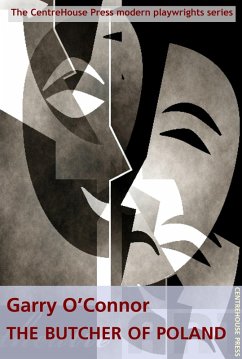Both had their roots in South German and Italian theatricality. In the way Frank called attention to himself on every possible occasion he was no ordinary criminal. He was not only criminal in his acts and attitudes, which he acknowledged, but also he flaunted, in an egotistic, nihilistic way, a vanity of evils which today remain a significant part of our culture. Unlike Ribbentrop, who lamented he would never be able to write his 'beautiful memoirs', Frank wasted no time during the trial and had gone ahead. He composed his testament, Facing the Gallows, with a dedication from Goethe's Werther, in quoting from which he subtly changed the wording to serve his self-serving account of 'former and partial guilt' to make it sound as if God endorsed it, which was not in the sense of the original.
And now, faced with execution, commented the much younger but level-headed psychiatrist, Frank really felt spiritually liberated as never before. All he needed was sex, drugs and rock-and-roll, the fresh-faced and pleasant psychiatrist might have commented. His dreams took him 'beyond the confines of his cell', he noted. Frank transfixed him. He had not made up his mind as to whether Frank was sincere or not: he recounted that he saw 'Vast vistas of endless sea, and high mountains of sky....'
Dieser Download kann aus rechtlichen Gründen nur mit Rechnungsadresse in A, B, CY, CZ, D, DK, EW, E, FIN, F, GR, H, IRL, I, LT, L, LR, M, NL, PL, P, R, S, SLO, SK ausgeliefert werden.









